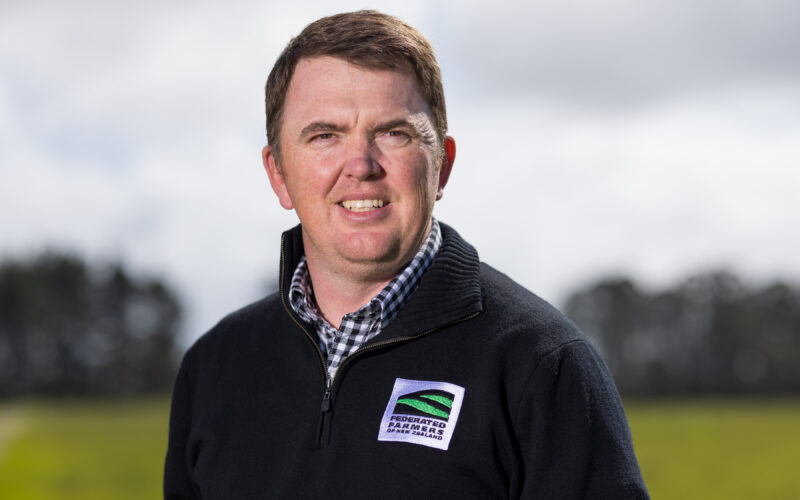With votes continuing to be counted and political czars negotiating in the background, sector leaders have identified the Emissions Trading Scheme, regulatory reform and labour force rebuilds as key areas demanding attention for the government in coming weeks.
Federated Farmers president Wayne Langford reiterated his organisation’s 12 policy priorities for the government and took comfort from the support National had for them prior to the election.
Langford said the election was about restoring farmers’ confidence and the result on Saturday was a positive first step in achieving that.
“There was a real mood for change out there, particularly in our rural communities, and it looks like change is what the election has delivered,” he said.
All three of the parties currently around the negotiating table supported a number of those policies, leaving Feds feeling positive about the direction of travel for the next three years.
“Our biggest priority this side of Christmas will be trying to fix up some of the impractical and unworkable freshwater rules that have been a real headache for farmers.
“All across the country right now regional councils are having to work on new rules, driven out of Wellington, that will completely undermine the viability of rural communities.”
Resetting Resource Management Act reform is another regulatory priority Feds seeks to deal with.
Feds’ 12-point wish list is shared to some extent by DairyNZ, with the organisation releasing five policy wishes prior to the election.
Like Feds, DairyNZ is expecting a review of regulations across all areas, greater collaboration on workforce development, and a re-examination of methane targets.
Both Feds and DairyNZ want greater collaboration with the government on immigration levels for the sector.
Rob McNab, president of the NZ Institute of Primary Industry Management, said its members are demanding greater clarity on what it is that is wanted from farmers, and provision of the tools from the Ministry for Primary Industries and the Ministry for the Environment to enable them to achieve this.
“At the moment it is government that is the handbrake. Farmers and communities want to make a difference, but everything seems to be in conflict,” he said.
Significant progress has been made with farmer catchment groups, which will require certainty of funding to keep up their momentum.
But Macnab said regional councils also need the resources to be capable of managing the environmental regulatory demands placed on them.
“And as government requires more input from rural professionals, we would like to see career pathways standardised to ensure industry standards will be recognised.”
One of the key tools missing to help farmers respond to climate change and greenhouse gas reductions is gene editing, something the Science New Zealand group hopes to see revisited.
The group, representing the country’s Crown research heavyweights, has called for a national conversation on the technology as the rest of the world ramps up its application in agriculture.
Chief executive Anthony Scott said there were positive moves to revisit the technology before the election, with Labour intimating it needed to be discussed.
“I think we will have to wait and see but it is time to review regulations that are now 20 years old.
“NZ could benefit from it and we are falling behind the rest of the world. Some of our organisations are having to do trials offshore, but they should be able to do them here in NZ.”
His call for a review of GE technology is shared by Organic Aotearoa NZ (OANZ) CEO Tiffany Tompkins.
She said there is a need for a more open conversation nationally on the technology, for the sake of organic farmers as much as conventional ones.
“We do not want to see organics impacted by GE technology, and there would need to be rules set around how the two could operate in NZ.”
Meantime she is hoping the new government will appreciate the value of organics as the world’s fastest growing food category, and how NZ could benefit.
That includes pushing through the final stages of the Organic Products and Product Act 2023, which still has some vital standards to be completed in order to harmonise with European Union legislation by next year.
Grant Dodson, president of Forest Owners Association, said member frustration at ETS regulations and reform has been high, and he welcomed the new government’s generally positive view on forestry. National has stated it will not nationalise the NZ carbon unit market, one of four suggestions outlined in a reform plan by Labour.
However, he is concerned about National’s Fieldays announcement last year, seeking to limit farm-to-forest conversions to only 25% of a property’s land area.
“This is an own goal for farmers who may be wanting to get out of farming and see forestry conversion as a means to do so.”










